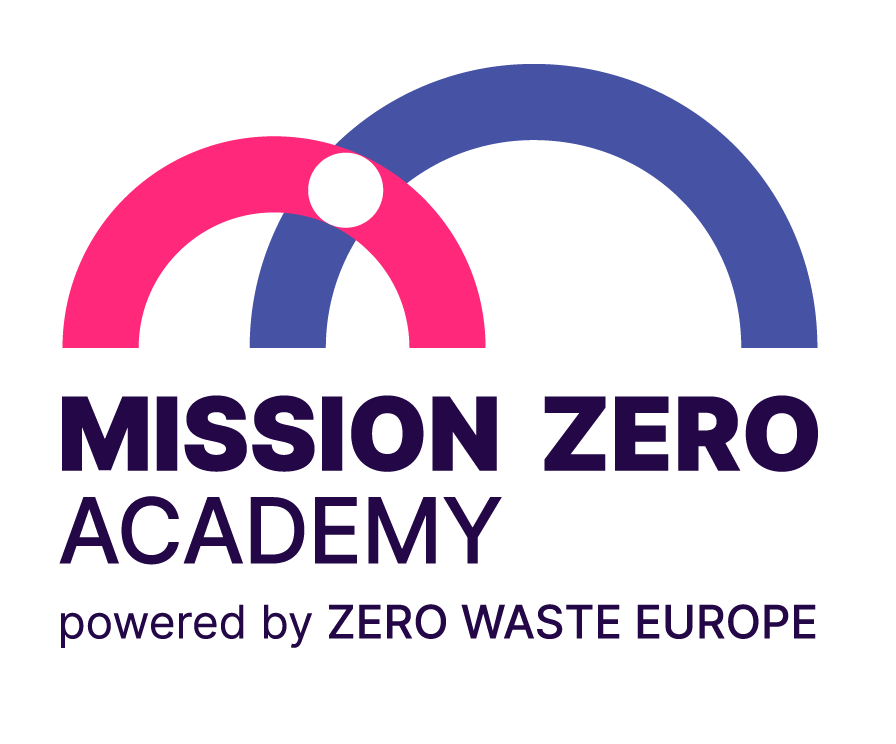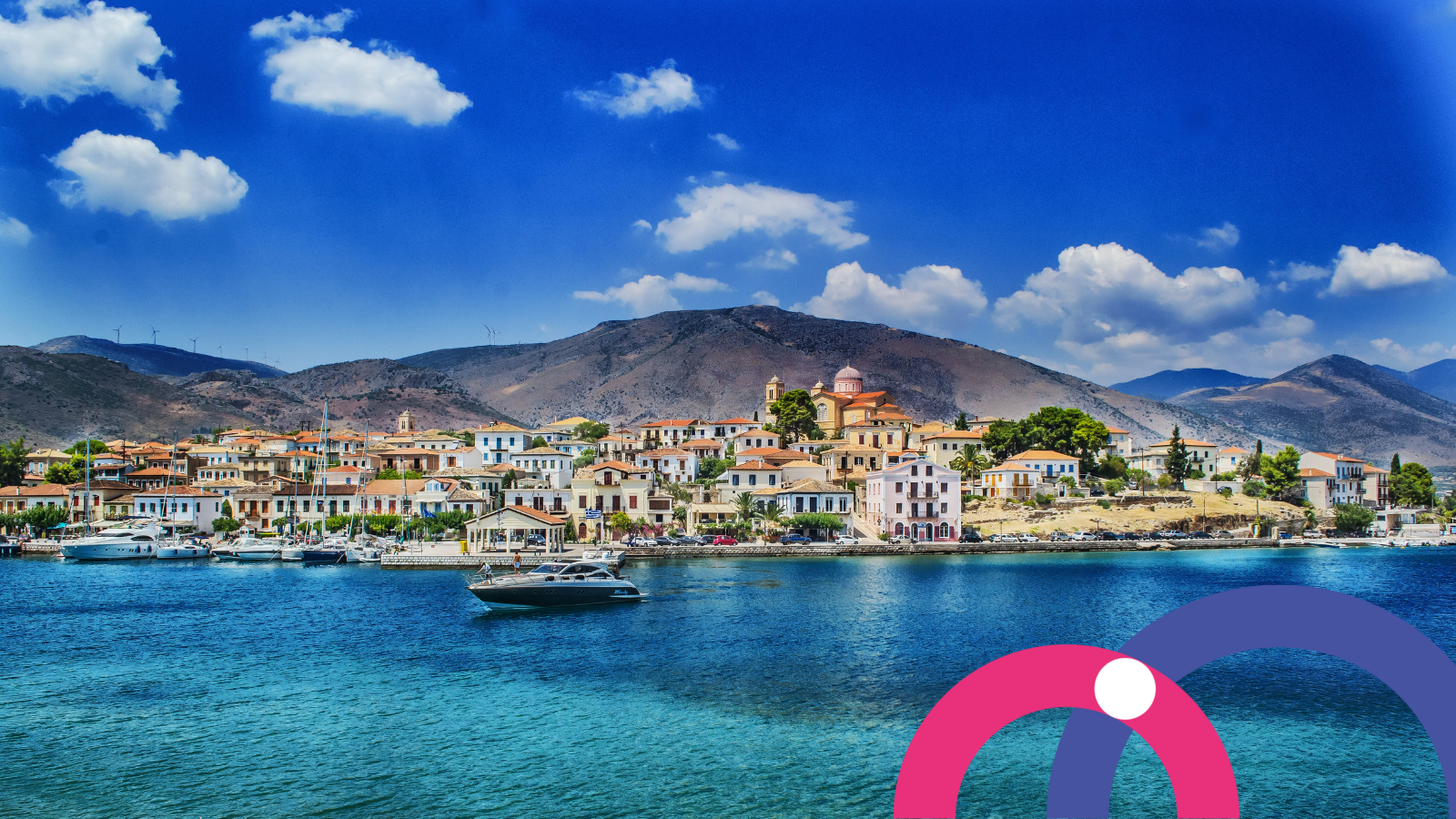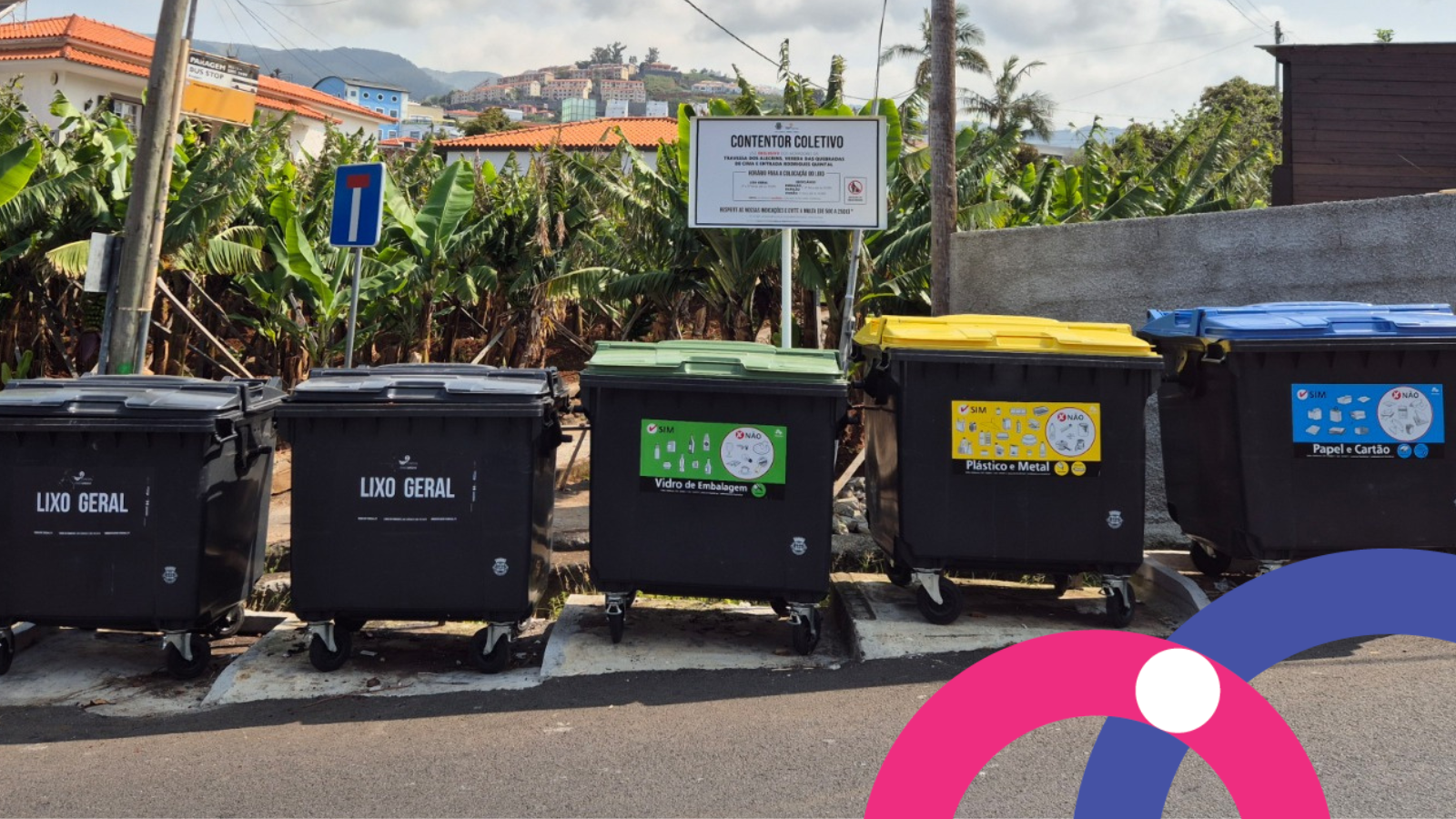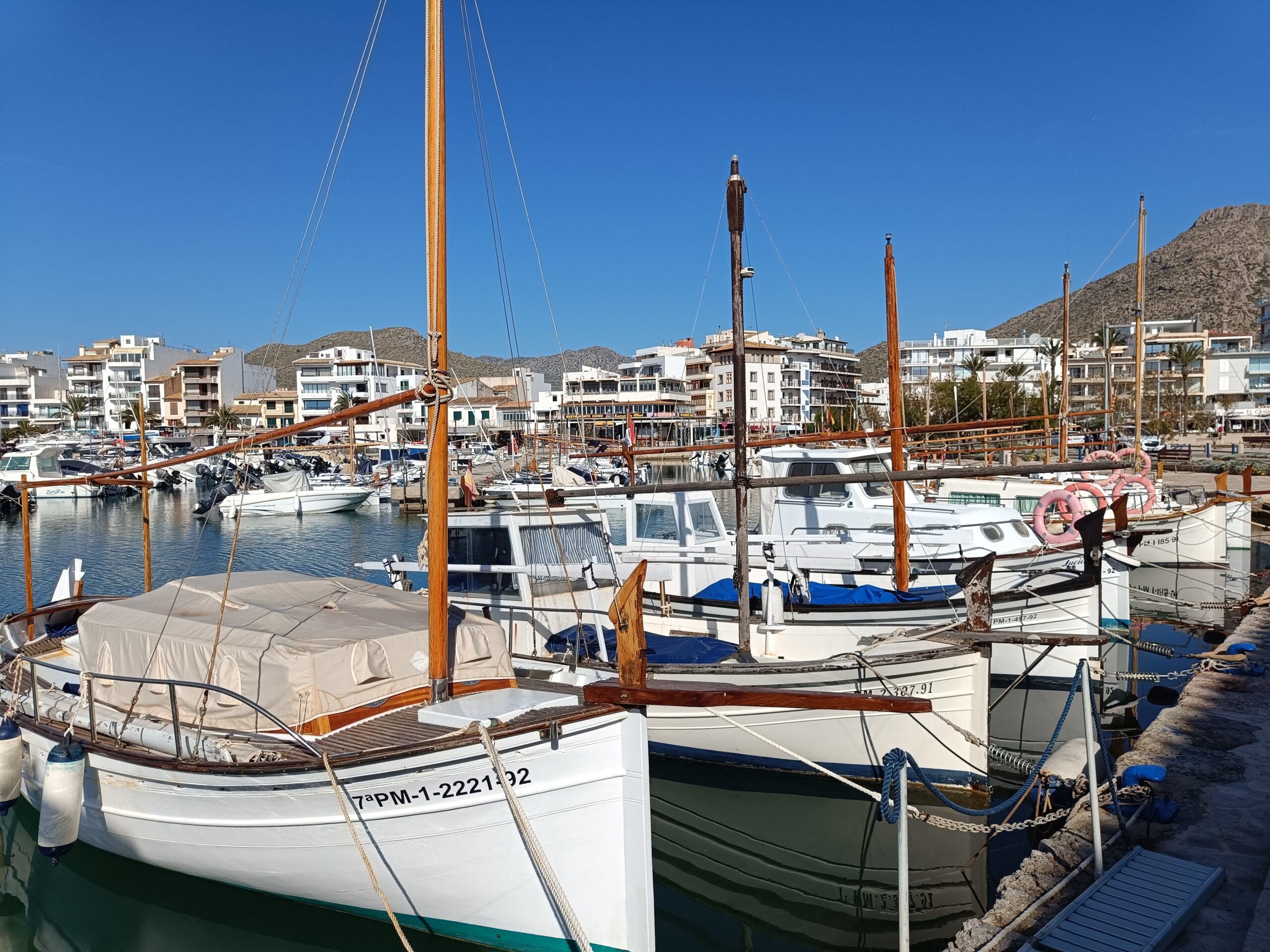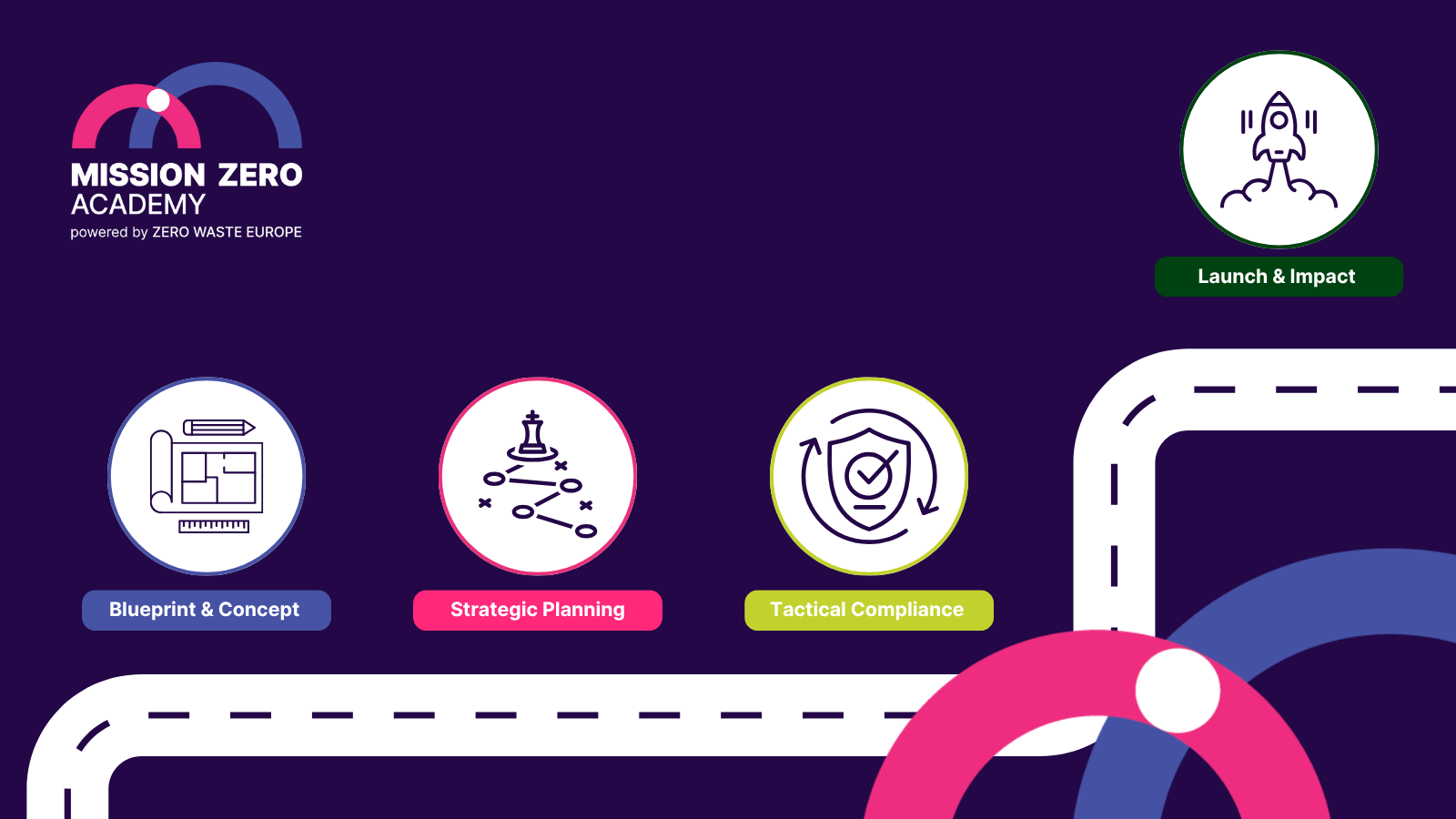The Mediterranean is one of the world’s most popular tourist destinations, thanks to its beautiful landscapes, rich biodiversity, mild climate, lovely beaches, and crystal-clear turquoise waters. It therefore comes as no surprise that tourism there has grown by almost 75% since 1995, a growth that continues today. The number of visitors could reach 637 million in 2025, putting even more strain on local waste systems and the environment.
How can municipalities along the Mediterranean coastlines manage this increasing waste burden? Let’s take a look.
The impacts of tourism on Mediterranean municipalities
Tourism is one of the largest industries in the Mediterranean, with impacts to match. Several Mediterranean coastal regions and cities rely heavily on tourism for their economic well-being. In particular, those with limited industrial or agricultural development.
Municipal solid waste production per capita in the Mediterranean region has risen by 15% over the last 10 years. In some areas, over 75% of annual waste production occurs in just the peak tourist season, with the amount of plastic waste increasing by 40%.
This concentrated tourism can also lead to an overflow of untreated wastewater and the exhaustion of natural resources. In short: the more tourists, the greater the impacts.
Balancing economic development with zero waste
Tourism and population growth make waste management especially important in this region. Plus, keeping the impact of tourism on the environment to a minimum, is crucial to keep tourists coming back.
In addition to having detrimental effects on local people and the environment, waste and pollution can make destinations less attractive. This aspect is especially critical for regions that heavily rely on tourism, such as Turkey and Egypt.
When it comes to waste management, a few Mediterranean regions lead the way, such as Sardinia and the Balearic Islands. Let’s take a look at the latter.
In the spotlight: Balearic Islands
Municipalities in the Mediterranean often lack the financial and technical resources to ensure sustainable waste management in tourist areas and need wider stakeholder support to succeed.
However, there are some great examples of local regions taking action on the local level.
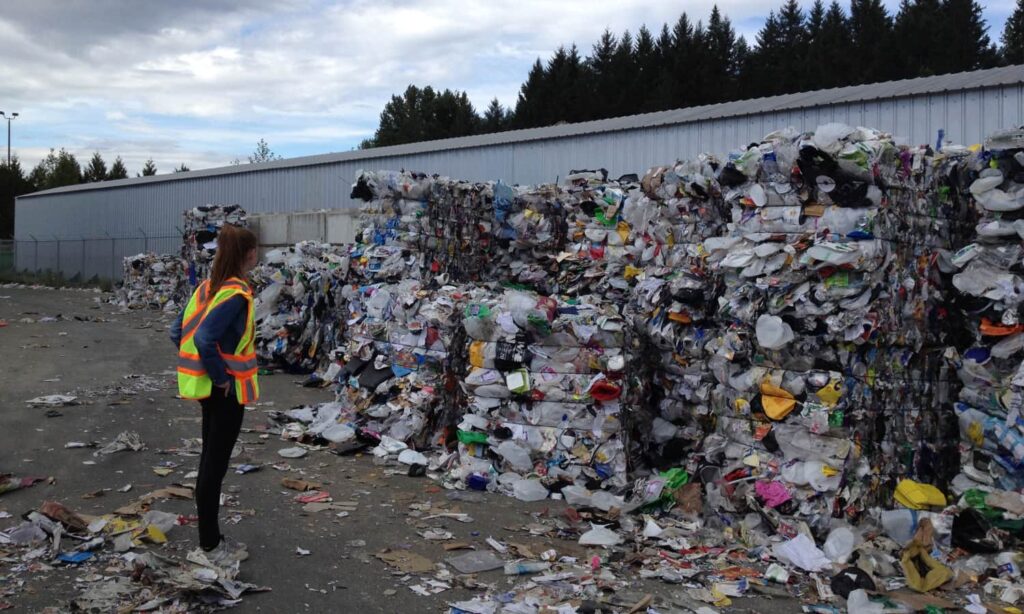
Tackling specific waste streams with policymaking
As a result of being a top tourist destination, the Balearic Islands have some of the highest waste generation levels in Spain: 763 kg per inhabitant in 2018, compared to the country average of 475 kg. In 2019, the government of the Balearic Islands adopted a groundbreaking law on waste prevention.
The islands aim to tackle the issue of waste generation through a combination of laws regarding prevention and recycling with a specific eye on single-use items, plastic packaging, and food waste:
- Waste reduction targets: 10% by 2021 and 20% by 2030.
- Food waste reduction target of 50% by 2030.
- The prohibition of several single-use plastic items, such as straws, cutlery, and lighters.
- The implementation of an extended producer responsibility system that includes full cost coverage for packaging, even non-sorted, and clean-ups.
Through increasing responsibility on extended producers, the transition is further supported.
The law implemented by the Balearic Islands is one of the best examples of pinpointing specific tourism-related waste, such as prohibition and reduction of items found on beaches and in residual waste. Due to its recent implementation and the COVID-19 pandemic, there is no quantitative data yet on the impact of this law yet in terms of waste prevention. However, it’s a great example of how municipalities or local authorities can take ambitious steps to reduce waste while still supporting the local economy.
Localize your zero waste efforts
The zero waste approach is specifically relevant for cities on both sides of the Mediterranean Sea, which face important environmental and economic challenges. As cities and regions from Spain to Jordan and Tunisia face a changing climate and a growing influx of tourists each year, waste management challenges and costs are rising.
For many governments, getting started is the hardest part. Increased collaboration and upskilling could have a tremendous impact on waste prevention at the source. That’s why MiZA focuses on supporting waste management at the local level with our Zero Waste Cities (ZWC) Certification, and incentivizing businesses.
The MiZA Zero Waste Business Certification
Our Zero Waste Business (ZWB) Certification can be used as a practical tool to help implementation on the ground in destinations across the Mediterranean.
By promoting the Zero Waste Business Certification, cities can encourage businesses on their own doorsteps to transform how they handle waste. The business certification serves as a guide, and provides the infrastructure for a greener future.
On the other hand, these leading companies in the Mediterranean can send a clear message to local authorities and fellow businesses that they are on board to improve waste management in the destination.
By getting independently certified, businesses will:
- Be equipped to implement sustainable policies and solutions in waste reduction and management.
- Commit to more ambitious circular goals.
- Promote circular economy practices at the local level.
- Ensure they are prepared for (future) local laws and policies.
Interested?
▶ Become a Zero Waste Certified Business
▶ Become a Zero Waste Certified City
This blog post was based on the guidebook “Zero Waste In The Mediterranean” by the Agency for Sustainable Mediterranean Cities and Territories (AViTeM) and the MED-InA project partners.

